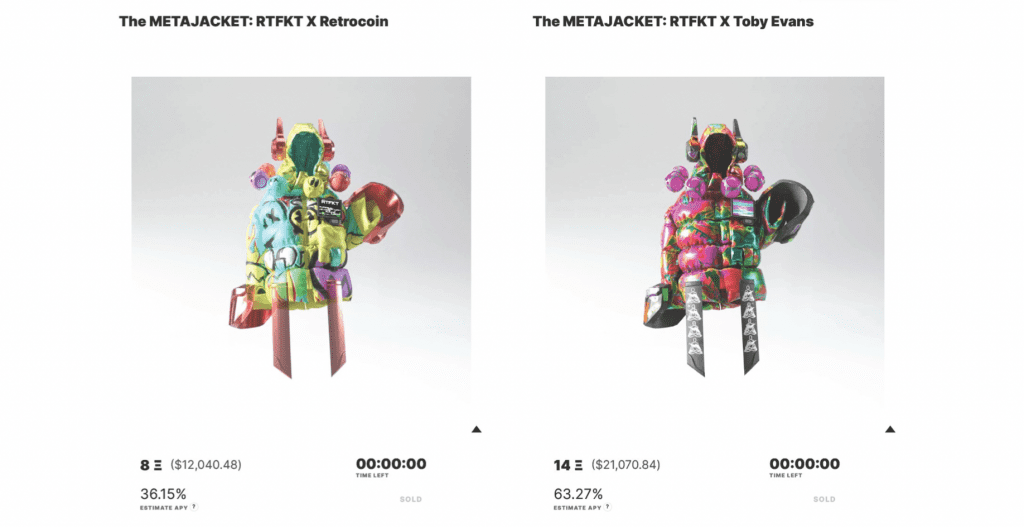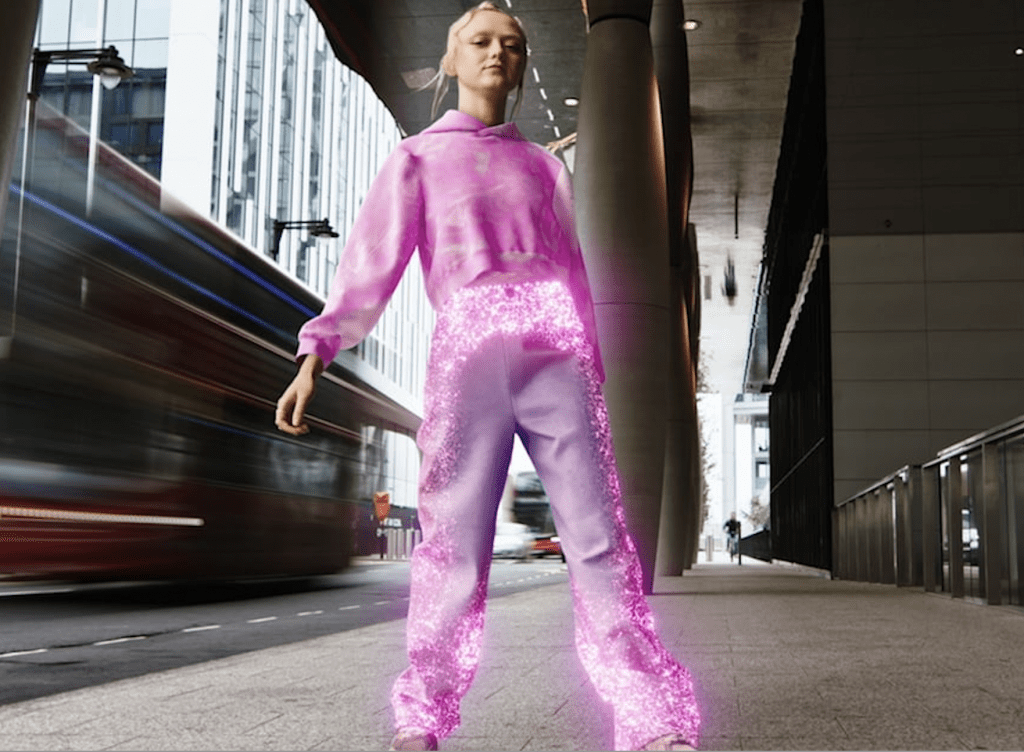Chinese companies are looking to the national trademark office to register metaverse-centric trademarks, as tech giants like Alibaba Group Holding, Tencent Holdings and ByteDance and smaller rivals continue to bet that Chinese consumers will swiftly embrace the evolving combination of virtual reality, augmented reality, video, social media, and other web aspects that have been coined the “metaverse.” Amid a wave of new filings (as of early this month, more than 1,360 Chinese companies (namely, tech firms) had applied to register more than 8,500 metaverse-related trademarks), China’s trademark office is pumping the brakes on some of those filings, with the National Intellectual Property Administration shutting down applications containing the Mandarin words “yuan yuzhou,” which translate to “metaverse.”
According to a report from China-focused outlet SCMP, an array of applications for marks that make use of the word metaverse have been denied registration by the National Intellectual Property Administration, including applications from video gaming giant NetEase, streaming video provider iQiyi, and social commerce platform operator Xiaohongshu. A source who works within the national trademark office told SCMP that “the recent action taken by China’s intellectual property regulator shows a deliberate strategy to deal with the rush of metaverse-related applications, while preventing trademark squatting” – a particular concern given that China generally awards trademark rights on a first-to-file (as opposed to a first-to-use) basis – “and misunderstanding among consumers.”
Meanwhile, Chen Gaojie, a researcher at IP firm PatSnap, says that the move by the National Intellectual Property Administration to put a stop to some of the earliest metaverse-related filings is an example of an attempt by the Chinese government “to strike a balance between [the metaverse’s] potential economic impact and the hype surrounding it in the tech industry.”
The Chinese applications that have been denied will now be subject to a second review.
A Rush in the U.S.
The U.S. Trademark Office (“USPTO”) is seeing a similar rush in filings from brands that are angling to register their trademarks for use in the metaverse – or more specifically, for use in connection with “downloadable virtual goods;” “retail store services featuring virtual goods;” and “entertainment services, namely, providing on-line, non-downloadable virtual footwear, clothing, headwear, eyewear, [and] bags,” among other things, “for use in virtual environments.” These goods/services (i.e., those in classes 9, 35, and 41) are among the most commonly cited in a recent flurry of trademark applications for registration filed with the USPTO.
(Class 42 is also increasingly popping up in applications, as companies follow in the footsteps of Nike, which made headlines this fall for its filing of a number of metaverse marks, and anticipate use of their marks on “non-downloadable computer software for the creation, production and modification of digital animated and non-animated designs and characters, avatars, digital overlays and skins for access and use in online environments, virtual online environments, and extended reality virtual environments.”)
To date, most of the applications for metaverse-related marks that have been filed in the U.S. – nearly all of which have been filed on an intent-to-use basis – are still awaiting examination by the USPTO, and so, it is too early to say how the trademark office will handle them. And as we noted earlier this month, the flood of (potentially unnecessary) filings that brands have lodged with the USPTO for an array of different classes of goods/services indicates that brands’ counsels are not entirely sure how the USPTO’s examining attorneys will treat their applications, and to some extent, are hedging their bets in this largely uncharted territory.
However, if there is any indication as to what brands can expect, it comes by way of RTFKT. The virtual footwear and design brand that was recently acquired by Nike has been one of the earliest movers when it comes to metaverse offerings and metaverse trademarks.

The Benoit Pagotto, Chris Le, and Steven Vasilev-founded company lodged a number of applications beginning in March 2021, filing its earliest applications for its logo (the stylized design of a blade), as well as word marks METAJACKET and RTFKT, for use on “downloadable virtual goods, namely, computer programs featuring footwear for use in online virtual worlds;” “downloadable virtual goods, namely, articles of clothing, featuring jackets, coats, anoraks for use in online virtual worlds;” and “on-line retail store services featuring physical and virtual merchandise,” respectively. Unlike most of the applications that have been filed when it comes to the metaverse, RTFKT claimed that its marks were already in use, and thus, provided specimens depicting such use, including an screenshot of its archive of its sneaker NFTs and a screenshot of its offerings on DIGITALAX, an online market for NFTs.
The marks were registered by the USPTO this month, without any pushback from the USPTO, making them some of the first metaverse-related registrations in the fashion/footwear space. The company has since filed more than a dozen applications for registration The marks were registered by the USPTO this month, without any pushback from the USPTO, making them some of the first metaverse-related registrations in the fashion/footwear space. The company has since filed more than a dozen applications in the U.S. and the European Union for registration for various virtual marks, as well as ones for physical products, as well.
Not to be overlooked: In December, counsel for Ralph Lauren filed trademark applications for registration for its various trademarks, including the Ralph Lauren name and polo player logo for use in connection with goods/services, such as “retail store services featuring virtual goods, namely, clothing and accessories for use in online virtual worlds” (class 35), and “entertainment services, namely, providing on-line, non-downloadable virtual clothing and accessories for use in virtual environments created for entertainment purposes” (class 41), among others.
Given that the New York-based brand claims actual use in commerce for most of the marks at the center of the relatively newly-filed applications (and thus, includes specimens that show the use of its marks in connection with its launch of a virtual fashion collection in Roblox), these applications (here is one) – and any potential pushback from the USPTO – will be worth watching if brands are looking for a roadmap for their own trademark filings.











